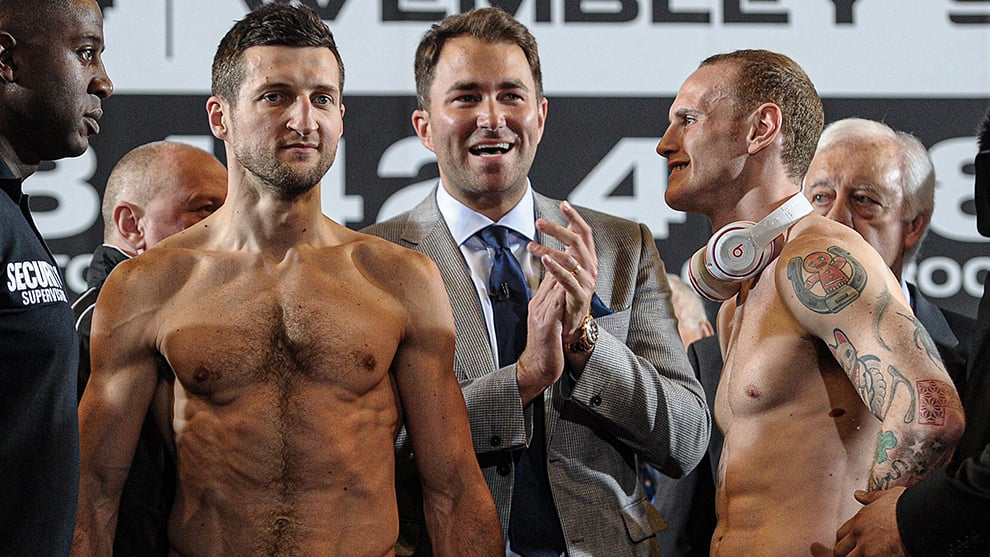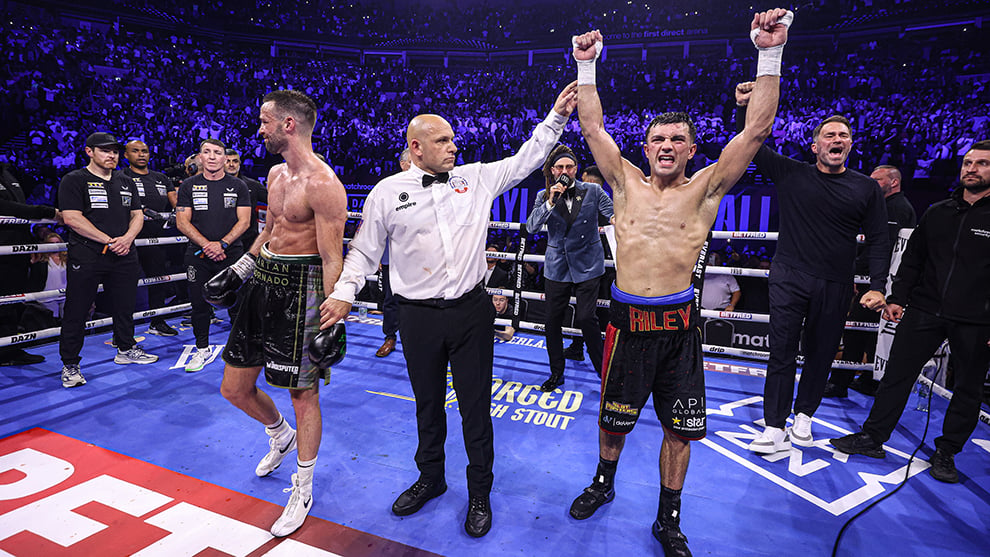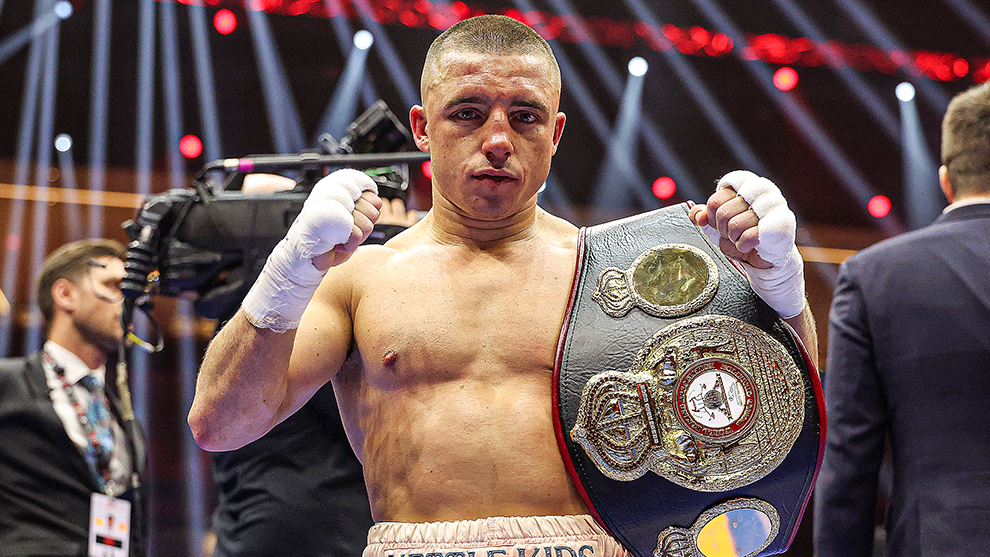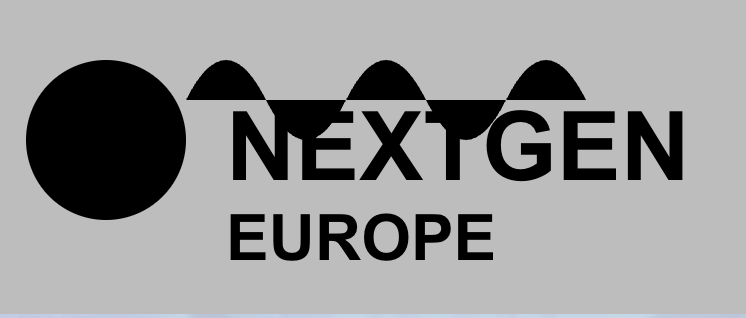Josh Taylor and Jack Catterall squared off for the second time in a bout sponsored by “Forged Irish Stout, Riyadh Season, and Drip” a mere nine days ago.
This, like the theme tune to a now-defunct CBeebies show, was a sentence repeated throughout the event by the night’s excitable announcer David Diamante and each time it was said one couldn’t help but feel disoriented by the thought of the star of Road House, a never-ending celebration in the Middle East, and the preferred water of a man whose name I just seconds ago discovered thanks to Google all supporting British boxing on this particular night.
Although they were just sponsors, it was still strange to learn that there is a person named Big Zuu and that Riyadh Season had extended to Leeds. This demonstrates the significant impact of Middle Eastern influence on British boxing in recent years. It also implies that there will be some sort of connection in future fights, regardless of the location or potential consequences.
Currently, it is evident that fights like Taylor vs. Catterall II are being overshadowed due to the abundance of larger and more captivating fights taking place in Saudi Arabia. On either side of the Taylor vs. Catterall II fight, there were two other notable events: one featuring a heavyweight clash between Oleksandr Usyk and Tyson Fury, and the other showcasing the highly-discussed “5 v 5” concept, where boxers from Matchroom and Queensberry were pitted against each other. Caught in between these shows, there was a risk of Taylor vs. Catterall II being overlooked and forgotten. In fact, if you were to ask someone outside of the boxing community, they would likely have no knowledge of the fight happening that weekend or any significant interest in it.
The situation becomes even more frustrating when you take into account the significance of the controversy that arose after the initial fight between the two super-lightweights, which was broadcasted by Sky Sports in 2022. At that time, it seemed like these two fighters were destined to become major rivals, with a chance to exploit what many believed to be inaccurate scorecards. It was widely expected that an immediate rematch would be the next logical step for both fighters. Similar to the 2014 rematch between Carl Froch and George Groves, there was a feeling that the second fight would have been even more significant and meaningful than the first.

Froch and Groves pictured ahead of their 2014 rematch.
Unfortunately, this anticipated event never came to fruition. Instead, Taylor suffered a defeat against Teofimo Lopez, while Jack Catterall patiently waited, securing a few victories in the meantime. Finally, almost unexpectedly, they were reunited in Leeds, an unexpected location. They found themselves in a peculiar situation, akin to being sandwiched between slices of freshly baked sourdough, like rubber cheese or dinosaur ham. It is important to note that this did not dampen the enthusiasm of those eagerly awaiting the fight. However, one cannot help but imagine how much more significant the rematch could have been if it had taken place immediately and not been overshadowed by the current exciting events occurring in Saudi Arabia.
When analyzing a fight such as Taylor vs Catterall II and observing how quickly major fights are being hosted in the Middle East, one begins to wonder if this bout signifies the pinnacle of British boxing for the foreseeable future. Essentially, are we now at a point where any fight larger than Taylor vs Catterall II will inevitably occur in the Middle East, regardless of the boxers’ nationalities?

In Leeds, Jack Catterall joyously commemorates his victory over Josh Taylor.
For the boxers themselves, this is less of an issue than it is for the fans. They, after all, just want to get paid and by all accounts in the Middle East that is precisely what happens: you get paid. For them, a ring is a ring and they couldn’t care less whether getting paid requires them to fight in front of thousands of British fans at home or a load of sheikhs on foreign ground. They will simply go where the money is, as is their right.
Yet for the fans, and indeed the health of British boxing, you do wonder about the long-term effects of this latest development. If, for instance, big fights start to dry up in the UK, the sport’s visibility in the UK will invariably dwindle, as will the collective urge to attend events on the occasions that they do happen on British soil. It will be seen more as a television product and not something for which you travel and pay money for a ticket. We now have apps, after all. We have illegal streams. We have wall-to-wall coverage at our fingertips. Why bother leaving the house?
In the same vein, when exorbitant sums are paid to fighters as incentives for hosting major fights in Saudi Arabia, it only exacerbates the divide between the privileged few and the underprivileged masses. Over time, this trend will mirror an undesirable societal pattern where boxing’s middle class is eroded, leaving only the ultra-wealthy and those grappling to meet their basic needs.
In Riyadh on Saturday (June 1), a group of British boxers from the middle rung showcased their skills and emerged victorious. Willy Hutchinson, Nick Ball, Hamzah Sheeraz, and Daniel Dubois all proved their mettle. In the past, these fighters would have been headliners in the UK, but now they have the opportunity to secure their career-best wins and receive lucrative paydays in Saudi Arabia. While this is understandable, it is important to emphasize the importance of these boxers building their careers in the UK, headlining events here, and resisting the temptation to become mere pawns in future Saudi events. It is crucial to bring them back home to bring stability and sustainability to the UK boxing scene. Let’s ensure that Riyadh Season remains merely a fruitful season for British boxers and not their entire identity, lifestyle, and master.

Nick Ball with his WBA belt
